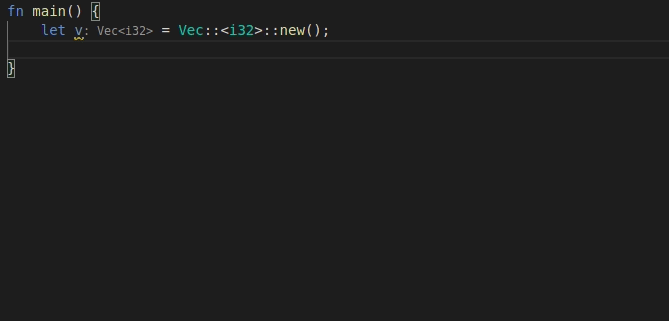This renames `descend_into_macros` to `descend_into_macros_single` and `descend_into_macros_many` into `descend_into_macros`.
However, this does not touch a function in `SemanticsImpl` of same name.
10440: Fix Clippy warnings and replace some `if let`s with `match` r=Veykril a=arzg
I decided to try fixing a bunch of Clippy warnings. I am aware of this project’s opinion of Clippy (I have read both [rust-lang/clippy#5537](https://github.com/rust-lang/rust-clippy/issues/5537) and [rust-analyzer/rowan#57 (comment)](https://github.com/rust-analyzer/rowan/pull/57#discussion_r415676159)), so I totally understand if part of or the entirety of this PR is rejected. In particular, I can see how the semicolons and `if let` vs `match` commits provide comparatively little benefit when compared to the ensuing churn.
I tried to separate each kind of change into its own commit to make it easier to discard certain changes. I also only applied Clippy suggestions where I thought they provided a definite improvement to the code (apart from semicolons, which is IMO more of a formatting/consistency question than a linting question). In the end I accumulated a list of 28 Clippy lints I ignored entirely.
Sidenote: I should really have asked about this on Zulip before going through all 1,555 `if let`s in the codebase to decide which ones definitely look better as `match` :P
Co-authored-by: Aramis Razzaghipour <aramisnoah@gmail.com>
Consider these expples
{ 92 }
async { 92 }
'a: { 92 }
#[a] { 92 }
Previously the tree for them were
BLOCK_EXPR
{ ... }
EFFECT_EXPR
async
BLOCK_EXPR
{ ... }
EFFECT_EXPR
'a:
BLOCK_EXPR
{ ... }
BLOCK_EXPR
#[a]
{ ... }
As you see, it gets progressively worse :) The last two items are
especially odd. The last one even violates the balanced curleys
invariant we have (#10357) The new approach is to say that the stuff in
`{}` is stmt_list, and the block is stmt_list + optional modifiers
BLOCK_EXPR
STMT_LIST
{ ... }
BLOCK_EXPR
async
STMT_LIST
{ ... }
BLOCK_EXPR
'a:
STMT_LIST
{ ... }
BLOCK_EXPR
#[a]
STMT_LIST
{ ... }
9453: Add first-class limits. r=matklad,lnicola a=rbartlensky
Partially fixes#9286.
This introduces a new `Limits` structure which is passed as an input
to `SourceDatabase`. This makes limits accessible almost everywhere in
the code, since most places have a database in scope.
One downside of this approach is that whenever you query limits, you
essentially do an `Arc::clone` which is less than ideal.
Let me know if I missed anything, or would like me to take a different approach!
Co-authored-by: Robert Bartlensky <bartlensky.robert@gmail.com>
9567: remove unneded special case r=matklad a=matklad
bors r+
🤖
9568: feat: add 'for' postfix completion r=lnicola a=mahdi-frms

adds #9561
used ```ele``` as identifier for each element in the iteration
Co-authored-by: Aleksey Kladov <aleksey.kladov@gmail.com>
Co-authored-by: mahdi-frms <mahdif1380@outlook.com>
9450: internal: Add ModuleOrItem guess to import granularity guessing r=Veykril a=Veykril
I think this should be the last fix needed for this(🤞)
bors r+
Co-authored-by: Lukas Wirth <lukastw97@gmail.com>
Definition::visibility was implemented in a rather roundabout way -- by
asking the parent module about the effective visibility.
This is problematic for a couple of reasons:
* first, it doesn't work for local items
* second, asking module about visibility of a child is a linear
operation (that's a problem in itself, tracked in #9378)
Instead, lets ask the declared visibility directly, we have all the code
for it, and need only to actually us it.